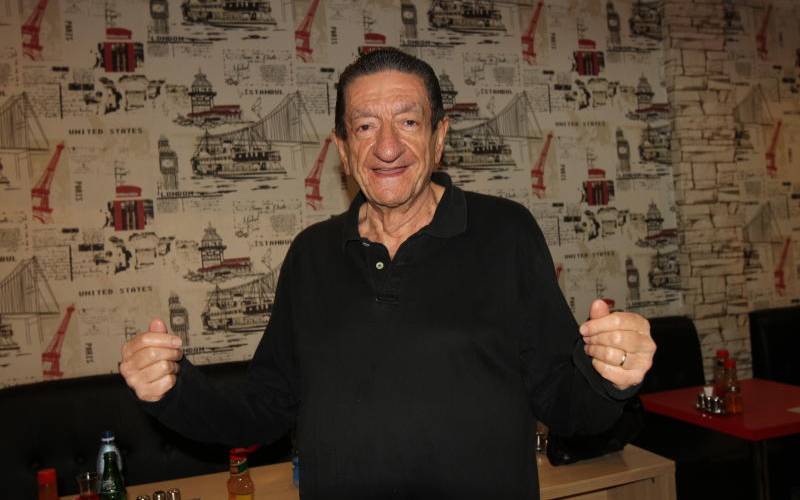×
The Standard e-Paper
Join Thousands Daily

One of the most prolific deejay the Kenyan entertainment industry has ever experienced, Paco Perez is back to the country for one more major throwback. This is the Twende Watamu concert taking place at the Sun Palm Resort, this Easter weekend.
He is delighted to be back and going by the fact that the two-day gig is already sold out, the Madrid, Spain-based old-timer has everything to smile about returning to Kenya where he honed his deejaying career.